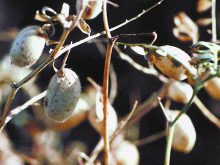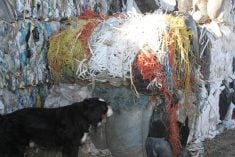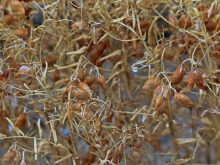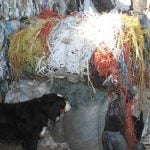The Canadian beef industry has been given access to one more country that has lifted its BSE ban, a small market though it is.
Last week, while prime minister Stephen Harper was in the country to sign a free trade deal, Panama agreed to reopen its border to Canadian beef for the first time since 2003 when BSE was discovered in an Alberta cow.
“I was particularly pleased to see that your government has decided to reopen Panama’s market to Canadian beef exports,” Harper said at the announcement of the broader trade deal.
Read Also
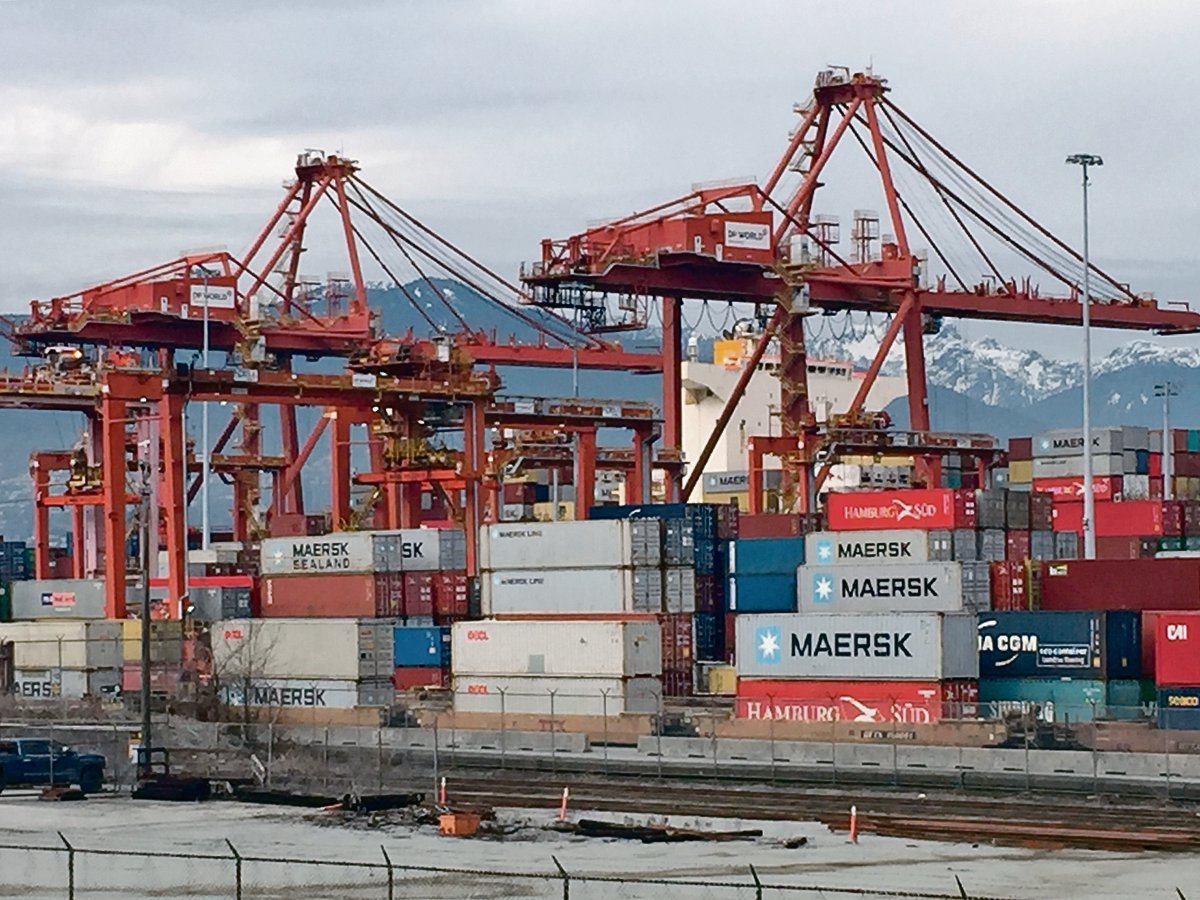
Message to provincial agriculture ministers: focus on international trade
International trade stakeholders said securing markets in the face of increasing protectionism should be the key priority for Canada’s agriculture ministers.
In 2002, beef exports to Panama were worth just $99,000, but government and industry officials say the reopening of any market, no matter what size, sends a message to other countries that Canadian beef is safe.
In a statement announcing the border opening, federal agriculture minister Gerry Ritz made that point.
“I’m pleased to see that Panama recognizes that Canada produces safe, high quality beef and pork products and I encourage all countries in Latin America to open their doors.”
At the Canadian Cattlemen’s Association semi-annual meeting in Regina last week, CCA director of international relations John Masswohl said the blanket approval for products from federally inspected plants is the way all countries should end their BSE restrictions.
And with a major expansion of the Panama Canal underway, he said the potential for sales to Panama is higher than historic levels.
“It’s not a huge market,” he said, but with the canal capacity doubling, there will be more shipping, including cruise ships, and “there will be opportunities to move product.”
Panama’s decision to reopen borders to Canadian beef was based on a its acceptance of the Canadian meat inspection system.
The federal government says that also offers opportunities for Canadian pork exporters, who have had access that is based on individual plant approvals by Panamanian officials.
“Panama has now approved Canada’s meat inspection system for pork,” said an Agriculture Canada official.
“This means that all federally registered Canadian pork establishments now have the ability to export to Panama without the need for individual plant approvals.”
The overall free trade agreement signed by Harper and Panamanian president Ricardo Martinelli must still be submitted to the Canadian Parliament and ratified.
It would eliminate tariffs on agricultural exports to Panama. In 2008, the value of Canadian agriculture and food exports was $26.5 million.
Agriculture Canada said the deal would offer tariff-free access for current exports including peas and lentils, selected beef and pork products, canola, linseed and sunflower seeds and oil from those crops.
A government response to a query about agricultural implications of the proposed free trade deal said it would help Canada catch up to competitors.
“The Panama free trade agreement would create new opportunities for Canadian exporters in a region that is growing in importance,” said an e-mail statement from Agriculture Canada.
“It would also level the playing field for Canadian business vis-Ã -vis competitors that already have FTAs (free trade agreements) with Panama.”



